Description
Gedarel is a Combined Oal Contraceptive (COC), also called the pill. It contains two types of female hormones: a progestogen, desogestrel, and an oestrogen, ethinylestradiol in a low dose. These help to stop you from getting pregnant, just as your natural hormones would stop you conceiving again when you are already pregnant.
The COC pill protects you against getting pregnant in three ways. These hormones
- stop the ovary from releasing an egg each month (ovulation).
- also thicken the fluid (at the neck of the womb making it more difficult for the sperm to reach the egg.
- alter the lining of the womb to make it less likely to accept a fertilised egg.
General information
If taken correctly, the pill is an effective reversible form of contraception. However, in certain circumstances the effectiveness of the pill may reduce or you should stop taking the pill (see later). In these cases either do not have sex, or use extra contraceptive precautions (such as condoms or spermicides) during intercourse to ensure effective contraception.
Do not use rhythm or temperature methods. These methods can be unreliable because Gedarel alters the monthly changes of body temperature and of cervical mucus.
Remember, COC pills like Gedarel will not protect you against sexually-transmitted diseases (such as AIDS). Only condoms can help to do this.
Uses / Instructions
The strip is marked with the day of the week on which each tablet should be taken. Following the direction of the arrow printed on the strip you should take one tablet each day for 21 days until the strip is empty.
Start your next strip on the 8th day (following the 7 tablet-free days) – even if the bleeding has not yet ended.
As long as you take Gedarel correctly, you will always start each new strip on the same day of the week, and you will always have your monthly period on the same day of the week in each month (in every 28 days ).
Warnings
Tell your doctor if any of the following conditions apply to you.
If the condition develops, or gets worse while you are using Gedarel, you should also tell your doctor.
- if you have Crohn’s disease or ulcerative colitis (chronic inflammatory bowel disease);
- if you have systemic lupus erythematosus (SLE – a disease affecting your natural defence system);
- if you have haemolytic uraemic syndrome (HUS – a disorder of blood clotting causing failure of the kidneys);
- if you have sickle cell anaemia (an inherited disease of the red blood cells);
- if you have elevated levels of fat in the blood (hypertriglyceridaemia) or a positive family history for this condition. Hypertriglyceridaemia has been associated with an increased risk of developing pancreatitis (inflammation of the pancreas);
- if you need an operation, or you are off your feet for a long time (see in section 2 ‘Blood clots’);
- if you have just given birth you are at an increased risk of blood clots. You should ask your doctor how soon after delivery you can start taking Gedarel;
- if you have an inflammation in the veins under the skin (superficial thrombophlebitis);
- if you have varicose veins;
- if a close relative has or has had breast cancer;
- if you have a disease of the liver or the gallbladder;
- if you have diabetes;
- if you have depression or mood changes;
- if you have epilepsy (see “Other medicines and Gedarel”);
- if you have a disease that first appeared during pregnancy or earlier use of sex hormones (for example, hearing loss, porphyria (a disease of the blood), gestational herpes (skin rash with vesicles during pregnancy), Sydenham’s chorea (a disease of the nerves in which sudden movements of the body occur));
- if you have or have ever had chloasma (golden brown pigment patches, so called “pregnancy patches”, especially on the face). If this is the case, avoid direct exposure to sunlight or ultraviolet light;
- if you have hereditary angioedema, products containing estrogens may induce or worsen symptoms of angioedema. You should see your doctor immediately if you experience symptoms of angioedema such as swollen face, tongue and/or pharynx and/or difficulty swallowing or hives together with difficulty breathing.
Side Effects
An increased risk of blood clots in your veins (venous thromboembolism (VTE)) or blood clots in your arteries (arterial thromboembolism (ATE)) is present for all women taking combined hormonal contraceptives.
Very common (may affect more than 1 in 10 people):
irregular bleeding.
Common (may affect up to 1 in 10 people):
depression, mood altered, headache, dizziness, nervousness, nausea, abdominal pain, acne, tender breasts, breast pain, absence of menstruation, painful menstruation, pre-menstrual syndrome (physical and emotional problems before the start of menstruation), weight gain.
Ingredients
The active substances are ethinylestradiol and desogestrel. One film-coated tablet contains 30 micrograms ethinylestradiol and 150 micrograms desogestrel.
The other ingredients are:
Tablet core:
Potato starch; stearic acid; all-rac-alpha-tocopherol; lactose monohydrate; magnesium stearate; silica colloidal anhydrous; povidone K 30.
Tablet coating:
Hypromellose; Macrogol 6000; propylene glycol.

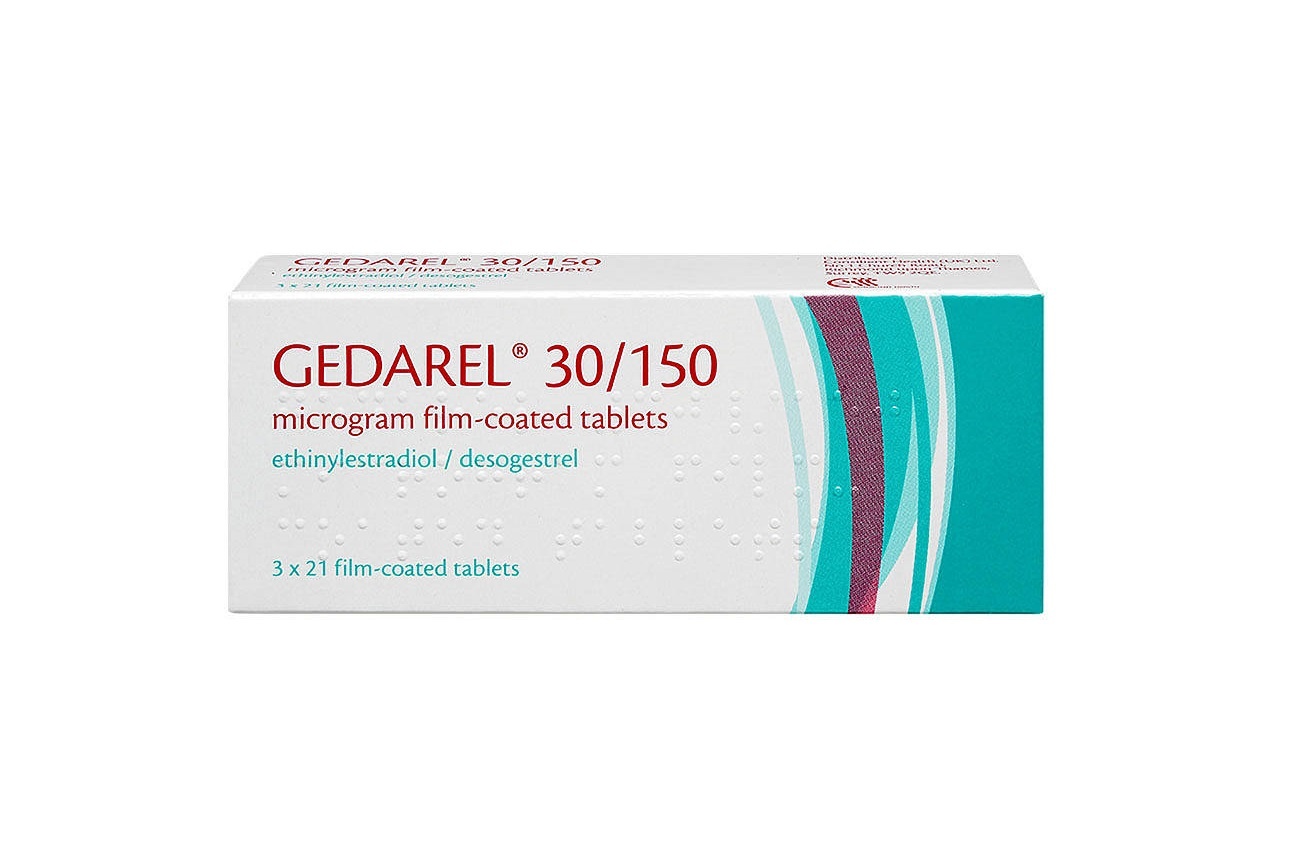

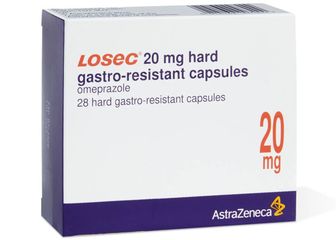
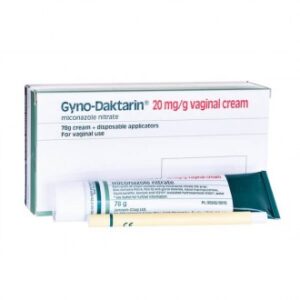
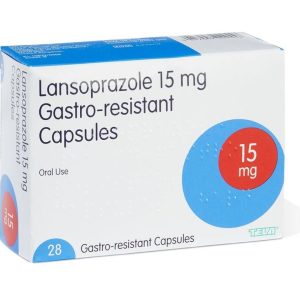
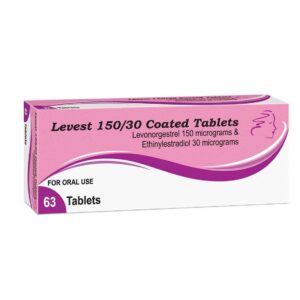
Reviews
There are no reviews yet.